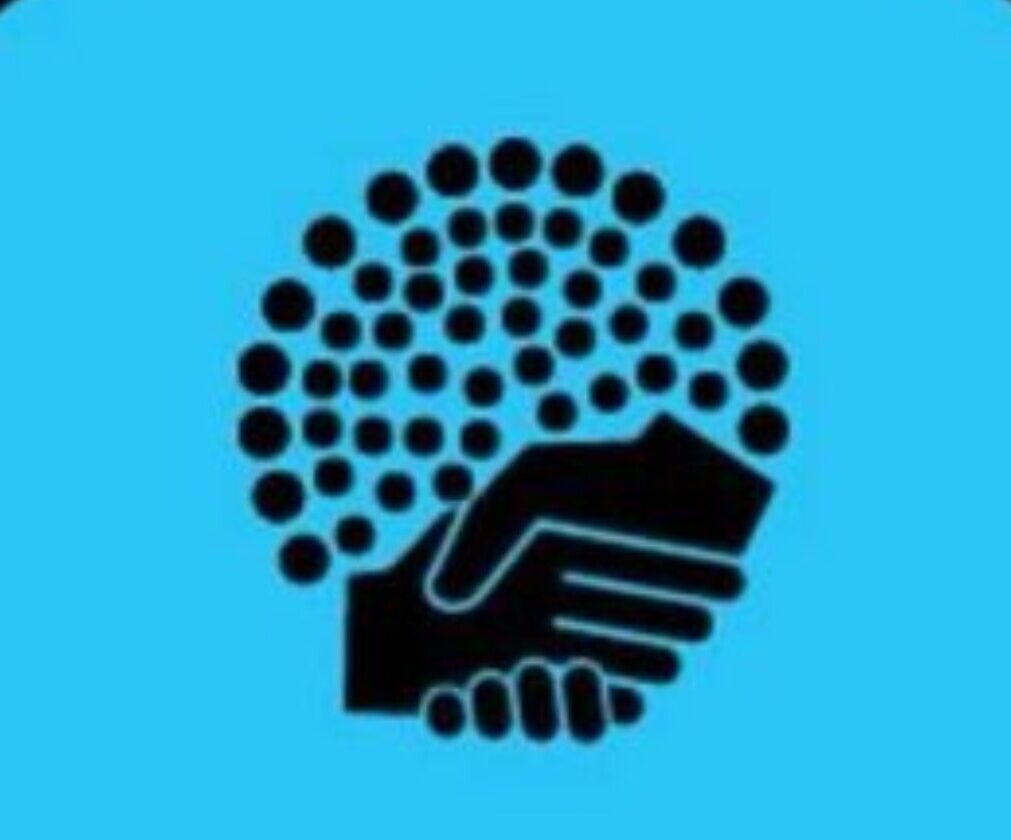
இந்த வார “என் வாரம்” இதழ் வழியாக மீண்டும் உங்களை சந்திப்பதில் மிகுந்த மகிழ்ச்சி அடைகிறேன். நமது எண்ணங்கள், கருத்துகள், அனுபவங்களைப் பகிர்ந்து கொள்ளும் இந்த பயணத்தில், முந்தைய கட்டுரைக்கு தந்த உங்கள் ஊக்கம் மற்றும் ஆதரவுக்கு இதயம் கனிந்த நன்றி.
இந்த வாரம் தொடங்கியது மிகவும் துயரமான செய்தியுடன் — ஒரு தந்தை தனது மூன்று நிர்பராத குழந்தைகளை கொன்று விட்டான்.
அது வெறும் “செய்தி” அல்ல; மனிதநேயத்தை சிந்திக்க வைக்கும் ஒரு துக்கமான நிகழ்வு.
தனது சொந்த விருப்பங்களுக்காக செயல்பட்ட அக்கறையற்ற தாய், இந்த சம்பவத்தின் முக்கியக் காரணமாகி விட்டார்.
இதிலிருந்து நாம் கற்றுக் கொள்ள வேண்டிய பாடம் — கணவன்-மனைவி பிரிவானால், அதில் “அப்பா” மற்றும் “அம்மா” என்ற பங்கு மறைந்துவிடும் போது, அந்தக் குழந்தைகளின் எதிர்காலம் மிகவும் சந்தேகத்துக்குரியதாகிவிடுகிறது.
அம்மாவை இழந்த குழந்தைகள் அன்புக்காக ஏங்குகின்றனர்; அப்பாவை இழந்த குழந்தைகள் தன்னம்பிக்கை குறைவாகவும், பயத்துடன் வாழ்வதாகவும் மாறுகின்றனர்.
அதோடு, தந்தை இல்லாத குடும்பத்தின் பொருளாதார பாதிப்பும் சொல்ல வேண்டியதே இல்லை.
இது குழந்தைகளின் மனநிலையிலும் கலாச்சாரத்திலும் ஆழமான பாதிப்பை ஏற்படுத்துகிறது.
அதனால்தான் நமது மதுக்கூர் இஸ்லாமிய சங்கங்கள், “தாலாக்” (தலைவிதி) செயல்முறையில் அவசரப்படாமல், தம்பதியர் மனம் மாறி மீண்டும் இணைவார்கள் என்ற நம்பிக்கையுடன் சிறிது காத்திருக்கின்றன.
புனித குர்ஆனின் சூரத்துன் நிசா (அத்தியாயம் 4), வசனம் 35-இல் அல்லாஹ் கூறுகிறார்:
“நீங்கள் அவர்களிடையே பிளவை (தகராறு) உணர்ந்தால், அவருடைய குடும்பத்திலிருந்து ஒருவரையும் அவளுடைய குடும்பத்திலிருந்து ஒருவரையும் நடுவர் ஆக்குங்கள். அவர்கள் சமரசம் விரும்பினால், அல்லாஹ் அவர்களிடையே ஒற்றுமையை ஏற்படுத்துவான். நிச்சயமாக அல்லாஹ் அனைத்தையும் அறிந்தவனும், அனைத்தையும் அறிந்திருப்பவனும் ஆவான்.”
கடந்த வாரக் கட்டுரையில், நமது நீர்ப்பாசன வாய்க்கால்களில் இருந்து நீர் குளங்களில் சேமிப்பதின் அவசியம் குறித்து எழுதினேன்.அது பல சிந்தனைகளையும் விவாதங்களையும், வாக்குறுதிகளையும் எழுப்பியது.அந்த நோக்கம் நிறைவேறுமென நாங்கள் எதிர்பார்த்து காத்திருக்கிறோம்.
மழை — நம்முடன் மறைமுக விளையாட்டை (hide and seek) ஆடுகிறது போல. ஆனால் நல்ல மழை வர வேண்டும் என்ற நம் ஏக்கம் இன்னும் உறுதியுடன் உள்ளது.
வரலாற்றில் நாம் படித்தோம் — “வெள்ளையர்கள் இந்தியாவை விட்டு வெளியேற வேண்டும்” என்ற கோஷத்துடன் இந்திய சுதந்திர இயக்கம் தொடங்கியது.
இப்போது அதே உலகத்தில் நாம் கேட்கிறோம் — “இந்தியர்கள் வெளியேறட்டும்” என்று வெளிநாடுகளில்.
வரலாறு தன்னைத்தானே புரட்டி எழுதிக் கொண்டிருக்கிறது போல.
இதன் இந்திய பொருளாதாரத்தில் ஏற்படுத்தும் தாக்கம் குறித்து ஒரு தனி கட்டுரை எழுத வேண்டியது அவசியம்.
மீண்டும் உங்களை இந்த அஞ்சலில் சந்திப்பதில் மகிழ்ச்சி.
அடுத்த வாரக் கடிதத்தில் மீண்டும் காணலாம்.
My Week – Reflections and Realities
Dear Madukkurians,
This week began with a deeply distressing news story — a father killing his three innocent children. While the act itself is beyond comprehension, the irresponsibility of the mother, driven by her individual choices and disregard for family values, appears to have been the root cause behind this heartbreaking tragedy.
The lesson we must take from this sorrowful event is clear:
When husband and wife separate, they cease to be just individuals — they are a father and a mother. In such situations, the future of their children becomes uncertain and fragile.
A child deprived of a mother’s love grows up emotionally hungry and lonely, while one who loses a father’s presence becomes less confident and fearful of life. Moreover, the financial instability that often follows a father’s absence adds further hardship.
Such circumstances inflict deep psychological wounds and shape the behavior and emotional health of children for years to come. That is precisely why our Madukkur Islamic Sangams never rush into divorce procedures. Instead, they patiently wait and hope for reconciliation — even the slightest sign that a couple might change their mind and live together again.
The Qur’an, in Surah An-Nisa (4:35), beautifully guides us on this matter:
“If you anticipate a split between them, appoint a mediator from his family and another from hers.
If they desire reconciliation, Allah will restore harmony between them.
Surely Allah is All-Knowing, All-Aware.”
Last week, I shared my thoughts on the importance of filling our water reservoirs through the canal system. It sparked healthy discussions, ideas, and promises — and we now eagerly await real progress toward that goal.
Meanwhile, the rain continues to play hide and seek with us. But our hope for a good monsoon remains firm.
On a broader note, history teaches us that India’s freedom struggle began with the slogan “Whites must go out.” Yet today, in a strange twist of fate, we hear “Indians must go out” from foreign countries — a reversal that deserves a deeper reflection on its impact on our economy and global standing.
With that thought, I close this week’s reflections.


